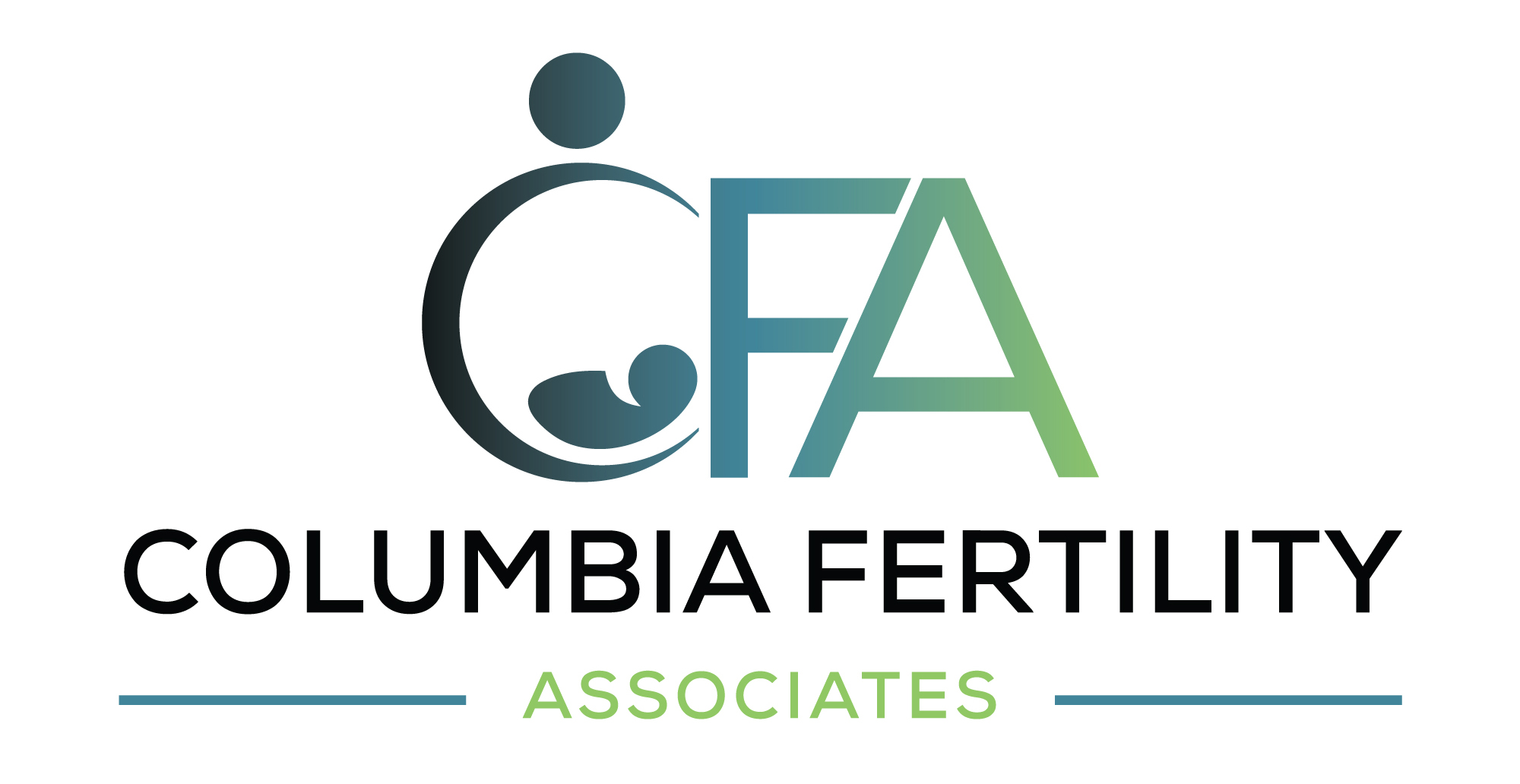Polycystic ovary syndrome (PCOS) is a hormonal condition that affects about 10 million women worldwide. If you have PCOS, your androgens (male hormones) are higher than they are in women without PCOS.
You may also have higher levels of the hormone insulin, which affects blood sugar and stimulates the production of androgens. Your levels of the hormone progesterone, which helps protect your baby during pregnancy, are lower than normal. Having more androgens and less progesterone puts you and your baby at risk for complications such as:
- Gestational diabetes
- Gestational hypertension
- Preeclampsia
- Miscarriage
- Preterm delivery
- Low birth weight
- Higher-than-normal birth weight
- C-section delivery
At Columbia Fertility Associates — with three convenient locations in Washington, DC, Bethesda, Maryland, and Arlington, Virginia — our expert OB/GYNs help keep you and your baby safe if you have PCOS.
Here are a few tips to have a healthier, happier pregnancy with PCOS.
Stabilize your blood glucose levels
Whether you’re already pregnant or just hope to be soon, you can reduce your risk for serious complications, such as gestational diabetes, by stabilizing your blood glucose.
Cut out processed foods and sugary foods and beverages. Even 100% fruit juice is high in sugar, so opt for whole fruits or lightly flavor your water with lemon or lime juice instead. For healthy carbs, enjoy vegetables and low-glycemic fruits, such as berries and apples.
If you’re at risk for developing gestational diabetes, we may recommend more dietary modifications and possible medications to control your blood glucose. Exercise also helps stabilize blood sugar.
If you already use an insulin pump, continue using it during your pregnancy. If you use a blood-sugar monitor, aim for 140 mg/dL or less one hour after a meal or 120 mg/dL two hours after the start of a meal.
Stay at a healthy weight
As your baby grows, you naturally gain weight. You must increase your calorie intake to take care of your baby’s nutritional needs. Women who are at a healthy weight should gain between 25-35 pounds over the course of their pregnancy, whereas women who are obese shouldn’t gain more than 20 pounds. We work with you to create a meal plan that helps you get the extra nutrition you need without gaining too much weight, which raises your risk for complications.
We may recommend supplements to ensure that you and your baby are getting all of your nutritional needs met. All women need at least 400 micrograms of folate per day to prevent neural tube defects in their babies. Obese women with PCOS are at higher risk for having babies with neural tube defects, so we may recommend extra folate.
Get term-appropriate exercise
Exercise helps strengthen your body, build endurance, and protect your joints from the stresses of pregnancy. If you don’t already have an exercise routine, we help you find ways of gradually adding in a few minutes of low-impact exercise per day, gradually increasing to 30 minutes a day. Pregnancy-friendly exercise includes:
- Walking briskly
- Swimming
- Water aerobics
- Low-impact aerobics
- Cycling
- Dancing
- Light weight training
We also encourage you to do Kegel exercises, which strengthen your pelvic floor. In your third trimester, you may need to modify your exercise.
Depending on your needs and general health, we may recommend medications such as metformin, to help stabilize your blood sugar and body weight. To find out how you can have a healthy pregnancy with PCOS, call one of our offices today for an appointment, or send us a message online.








